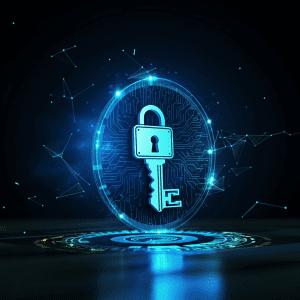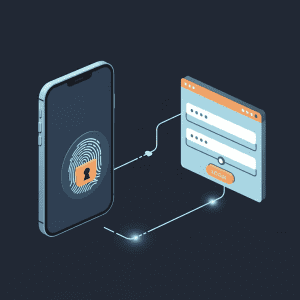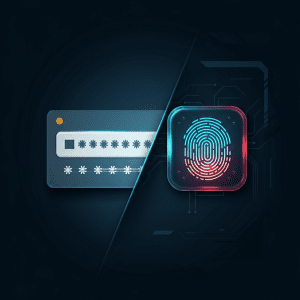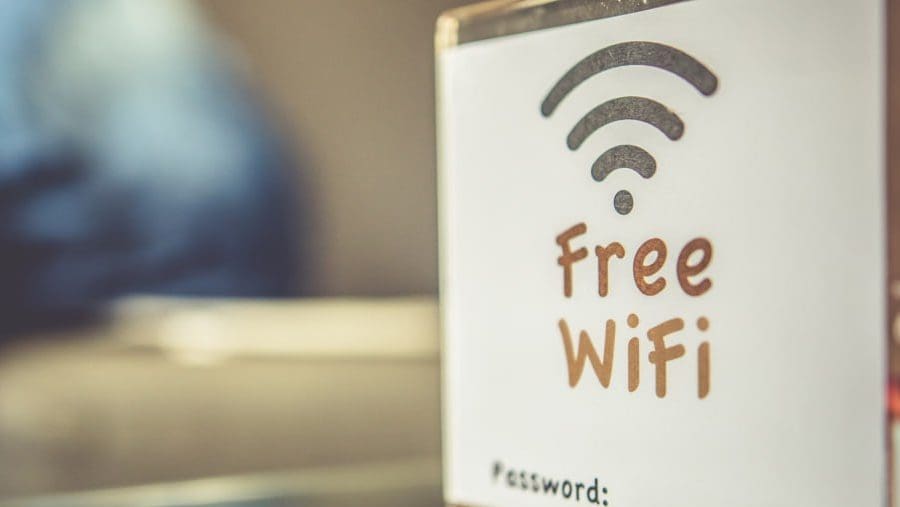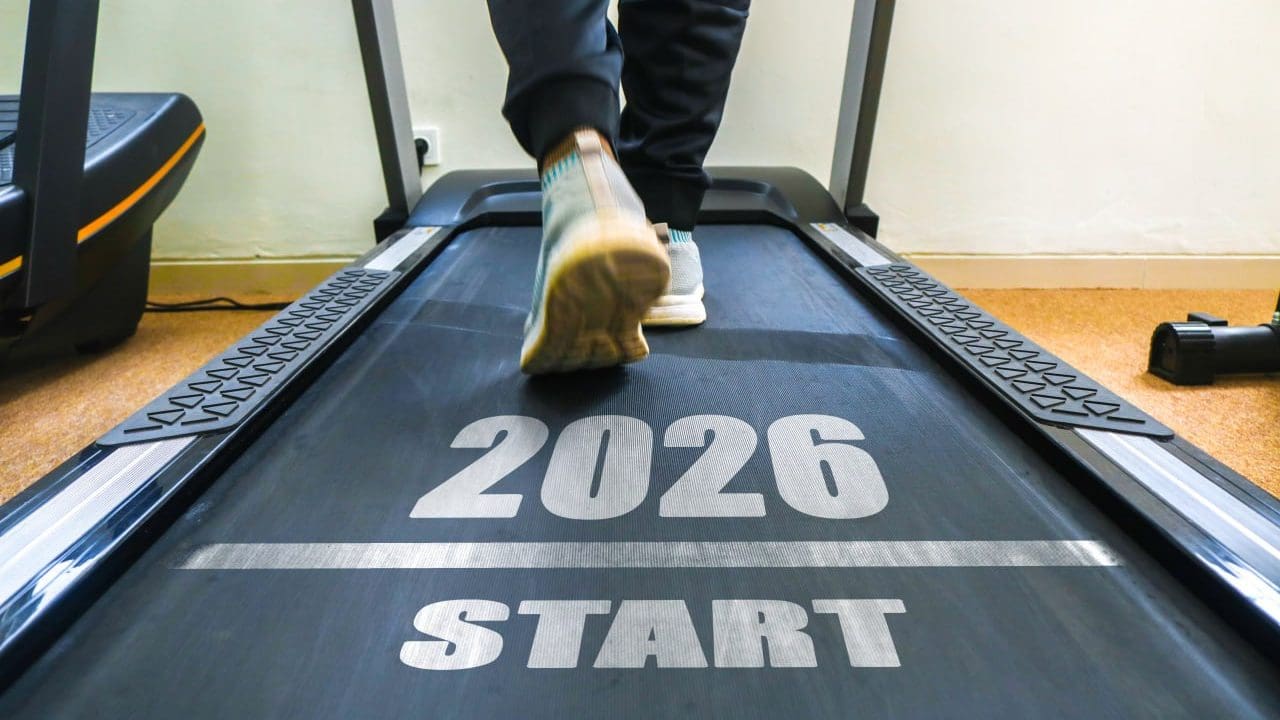
Remember the last time you forgot a password? That sinking feeling as you click “forgot password” for the third time this week? You’re not alone. The average person juggles over 100 passwords, and most of us resort to using the same weak password across multiple accounts.
But what if we told you there’s a better way? Enter passkeys—a revolutionary technology that’s about to make passwords as obsolete as floppy disks.
What Exactly Are Passkeys?
Think of passkeys as your digital fingerprint for the internet. They’re a new type of login credential that uses advanced cryptography to verify your identity without requiring you to remember a single password.
Here’s the simple version: Instead of typing in “password123” (please tell us you don’t actually use that), passkeys use your device’s built-in security features. This could be your fingerprint scanner, Face ID, or even a simple PIN you already use to unlock your phone.
When you create an account with a passkey, two special digital keys are generated. One stays securely on your device (the private key), while the other is stored with the website or app (the public key). These keys work together like a perfect puzzle—only your private key can unlock what the public key encrypts.
How Do Passkeys Actually Work?
The magic happens behind the scenes, but here’s what you experience:
- Setup: When creating an account, you’re prompted to create a passkey instead of a password
- Authentication: Your device asks you to verify your identity using biometrics or your device PIN
- Access granted: The cryptographic handshake happens instantly, and you’re logged in
No typing. No remembering. No “caps lock was on” frustration.
The technical process involves public key cryptography—the same rock-solid security that protects your online banking. Your device signs a challenge from the website using your private key, proving you’re the rightful owner of the account.
Why Passkeys Beat Traditional Passwords
Let’s be honest, passwords are terrible. They’re the digital equivalent of hiding your house key under a fake rock. Here’s why passkeys are game-changing:
Unbreakable Security: Unlike passwords, passkeys can’t be guessed, stolen in data breaches, or cracked by hackers. Even if a company’s database gets compromised, your passkey remains useless to attackers because they only have the public half.
No More Phishing: Those sneaky emails trying to steal your Netflix password? Passkeys make them powerless. Since there’s no password to steal, phishing attempts automatically fail.
Lightning Fast: Forget waiting for SMS codes or digging through your authenticator app. Passkeys work instantly with just a fingerprint or face scan.
Zero Mental Load: No more “What was my password for this site again?” moments. Your device handles everything.
Works Everywhere: Thanks to industry standards, passkeys work across different devices and platforms. Start on your iPhone, finish on your laptop—seamlessly.
Major Players Are All In
The biggest names in tech aren’t just testing passkeys—they’re betting their future on them:
Apple rolled out passkey support across iOS, iPadOS, and macOS, making it dead simple to use Face ID or Touch ID for secure logins.
Google has integrated passkeys into Android and Chrome, allowing users to sign in with fingerprint or PIN across billions of devices.
Microsoft supports passkeys in Windows Hello, letting you use facial recognition or fingerprint scanning for secure authentication.
1Password, Dashlane, Keeper, and Bitwarden have all added passkey management to their password managers, helping users transition smoothly.
Even websites are jumping aboard. You can already use passkeys to log into PayPal, Adobe, GitHub, and hundreds of other sites, with more adding support every month.
The Road Ahead: A Password-Free Future
We’re standing at the edge of a password-free world, and the view looks incredible.
Industry experts predict that within the next five years, passkeys will become the default authentication method for most online services. We’re already seeing early adopters report dramatic improvements in both security and user experience.
But the real game-changer will be widespread adoption. As more sites support passkeys and more devices come with built-in biometric sensors, the old username-password combo will start feeling as outdated as dial-up internet.
For businesses, this means fewer support tickets for password resets, reduced fraud, and happier customers who can actually access their accounts.
For users, it means the end of password fatigue, stronger security by default, and a genuinely better internet experience.
Ready to Go Passwordless?
The password-free future isn’t coming—it’s already here. Major platforms support passkeys today, and the technology works on devices you probably already own.
While we’re still in the early stages, the momentum is undeniable. Just like we moved from physical keys to key cards, and from cash to digital payments, passkeys represent the natural evolution of digital security.
The question isn’t whether passkeys will replace passwords—it’s how quickly you want to join the revolution. Your future self (and your overworked memory) will thank you. If you want more information, contact one of our techs at Absolute today!
Share this Post
